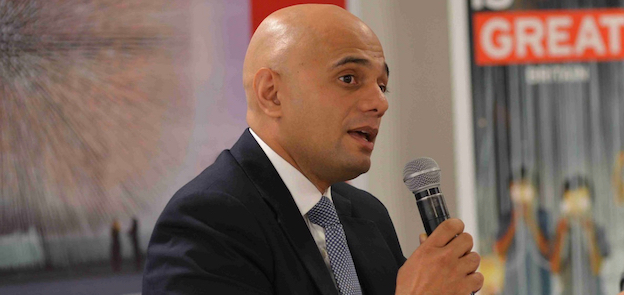
The Local Government Association says that local authorities must be granted 100% business rate retention—without taking on new responsibilities.
The position is a shift from the LGA’s previous line, which agreed with the government’s stance that the extra money retained must be accompanied by new service responsibilities.
However, in the wake of the government’s decision to drop the Local Government Finance Bill, the LGA has updated its position saying that the focus must be on allowing councils to use the money to fill the existing £5.8bn gap in local government finances.
In a statement, the LGA said: “Business rates are an extremely important source of income for local government and with an overall funding gap of £5.8bn expected by 2020 the government must commit to moving forward with vital reforms.
“It was hugely concerning that the government did not reintroduce the Local Government Finance Bill in the Queen’s Speech. The Bill was setting out the framework towards allowing local government in England to keep all of the £26bn in business rates it raises locally each year and providing powers for mayoral combined authorities and the Greater London Authority to raise an infrastructure supplement.
“The government needs to commit to working with local government on how reform can be achieved within existing powers and recognise that the full amount of revenue raised through business rates is needed to properly fund existing council services.”
The reasons for the LGA’s shift in emphasis is unknown.
However, recent announcements, including the government’s deal with the Democratic Unionist Party to provide £1bn for infrastructure investment, may signal that the government is moving away from its previous policy of austerity.
In February, the government said that in return for 100% control over business rates, councils would have to take on responsibility for services covered by revenue support grant, rural services grant and the public health grant. Other services had been under consideration for inclusion in the deal.
Last week, the government announced that it would not bring forward the previously-planned Local Government Finance Bill, which was due to grant councils the right to retain 100% of business rates income. It has also halted most of the activity on the steering groups which were examining how the proposals were to be implemented.
Work on a fair funding formula to work out how to ensure poorer councils are not left behind, is set to continue.
Some in the sector believe that this is a sign that the government is still committed to devolving business rates, but may tackle it through an executive order.
Andrew Burns, director of finance and resources for Staffordshire County Council, and incoming president of the Chartered Institute of Public Finance and Accountancy, said: “Potentially the Treasury could use some of the business rates retained by Treasury to give it back to local authorities in such a way that it gives them extra resources to deal with social care issues.”
This week, Basildon council’s new chairman of policy and resources committee, Gavin Callaghan, wrote to communities secretary Sajid Javid, saying: “The changes included in the former Bill – those for example relating to rate appeals and the central list – could perhaps be addressed in different ways, rather than dropped altogether. The existing BRR scheme provides for a reset anyway, so I am hopeful that the best can be made of the scope for amending baselines and introducing new freedoms.”
But he also called on the government to make a statement on business rates retention as soon as possible, to clear up uncertainty.
He said it was “imperative that you make an early announcement to provide clarity and certainty.
“The ambiguity at the present time seriously affects financial planning for Basildon and for each local authority, and some reassurance would be very helpful. As a minimum, can authorities still rely on the four-year settlement figures in the last spending review and the associated ‘guarantee’?”
Even if the government progresses some elements of the proposals through executive order, it would still have to legislate to allow councils to discount business rate levels and to allow city regional authorities to raise extra business rates income for infrastructure.
One source, who wanted to remain anonymous, said: “I wouldn’t want to be the officer going to tell Andy Burnham (mayor of Greater Manchester) that he doesn’t have any money to spend on infrastructure next year.”













